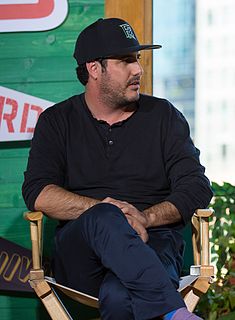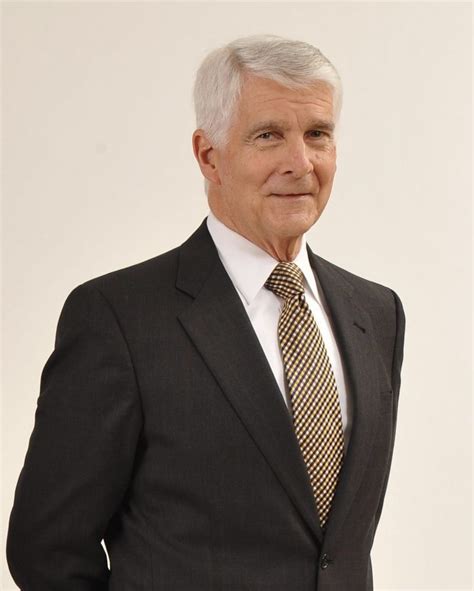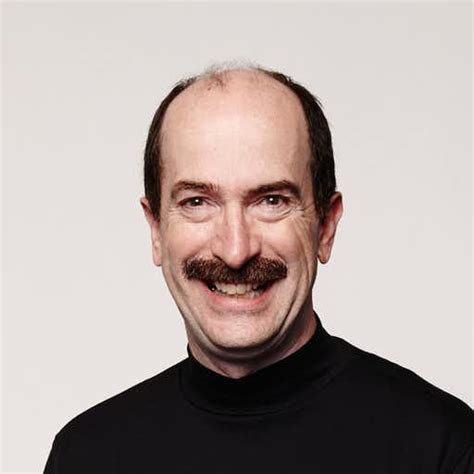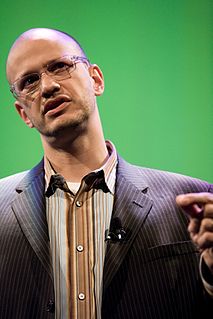A Quote by Leonard Susskind
I'm a great believer in our ability to come up with the ideas necessary to solve the big questions. I have less confidence that we'll be able to find a consensus about which ones are right without experiment.
Related Quotes
Solve it. Solve it quickly, solve it right or wrong. If you solve it wrong, it will come back and slap you in the face, and then you can solve it right. Lying dead in the water and doing nothing is a comfortable alternative because it is without risk, but it is an absolutely fatal way to manage a business.
If we are demoralized, sad and only complain, we’ll not solve our problems. If we only pray for a solution, we’ll not solve our problems. We need to face them, to deal with them without violence, but with confidence - and never give up. If you adopt a non-violent approach, but are also hesitant within, you’ll not succeed. You have to have confidence and keep up your efforts - in other words, never give up.
I just would like to say that over more than a quarter-century as a scientist and a believer, I find absolutely nothing in conflict between agreeing with Richard [Dawkins] in practically all of his conclusions about the natural world, and also saying that I am still able to accept and embrace the possibility that there are answers that science isn't able to provide about the natural world - the questions about why instead of the questions about how. I'm interested in the whys.
There's no necessary connection between maximizing social utility or economic wealth and creating a flourishing democracy. The first does not guarantee the second. The only way to create a flourishing democracy is to find ways to reason together about the big questions, including hard questions about justice and the common good, to reason together about these questions so that we as citizens can decide how to shape the forces that govern our lives.
I have always been really picky about the films that I make, because I think that there's such an incredible opportunity to bring up questions when you're making movies, and some of my favorite films bring up big questions. They are movies that, when you walk away from it, it hits you as something deeper, and it's a great, fun way to be able to bounce around some of these harder concepts in our heads.
The United States has adventured upon a great and noble experiment . . . of total separation of Church and State. . . . The offices of the Government are open alike to all. No tithes are levied to support an established Hierarchy, nor is the fallible judgment of man set up as the sure and infallible creed of faith. . . . Such is the great experiment which we have tried, and . . . our system of free government would be imperfect without it.
The work of science has nothing whatever to do with consensus. Consensus is the business of politics. Science, on the contrary, requires only one investigator who happens to be right, which means that he or she has results that are verifiable by reference to the real world. In science consensus is irrelevant. What is relevant is reproducible results. The greatest scientists in history are great precisely because they broke with the consensus.
Let's get one thing clear right now, shall we? There is no Idea Dump, no Story Central, no Island of the Buried Bestsellers; good story ideas seem to come quite literally from nowhere, sailing at you right out of the empty sky: two previously unrelated ideas come together and make something new under the sun. Your job isn't to find these ideas but to recognize them when they show up.
Why did the consensus of Christian churches not only accept these astonishing views but establish them as the only true form of Christian doctrine? . . . these religious debates - questions of the nature of God, or of Christ - simultaneously bear social and political implications that are crucial to the development of Christianity as an institutional religion. In simplest terms, ideas which bear implications contrary to that development come to be labeled as 'heresy'; ideas which implicitly support it become 'orthodox.'




































